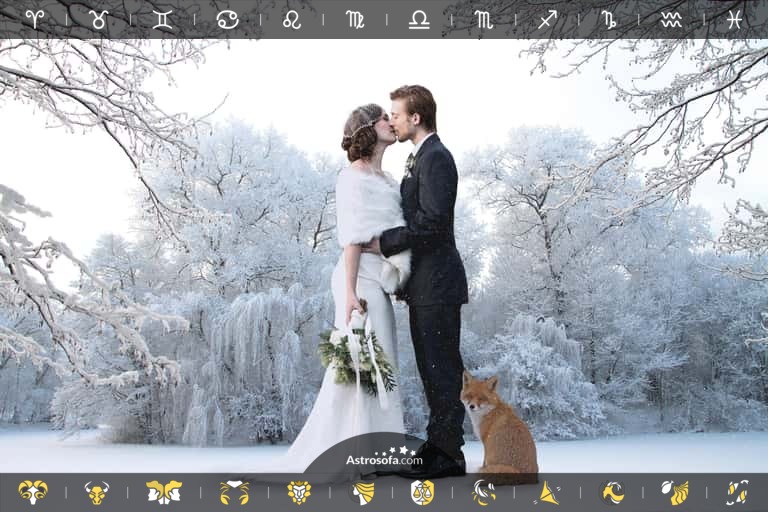
Birthday
Isaac Asimov
Isaac Asimov was born on 2 January 1920 in Petrovich, Russia, and is one of the most famous science fiction authors. He emigrated to the USA, where he became an author, biochemist, and professor of biochemistry. Asimov is best known for his works in science fiction, fantasy, and non-fiction. He is considered one of the most prolific and influential authors in science fiction and has received numerous awards for his works. Asimov died at the age of 72 on 6 April 1992.
Some of Isaac Asimov's most famous and important works are:
- The Robot Series : This series includes several novels and short stories in which Asimov presents his "Three Laws of Robotics" and explores the relationships between humans and robots in the future.
- The Foundation Trilogy : This three-part series is about a group of scientists who try to shape the future of human civilization by establishing a "foundation." The trilogy is considered a milestone of science fiction literature and has brought Asimov international fame.
Saint's day
Weather Proverb
Daily aspects

This Square could easily make you excited, argumentative, and hasty. Disagreements with the opposite sex may occur. You could waste money, repress your emotions, and feel moody and passionate. If you are female and menstruating, there may be a lot of bleeding, and you may experience a lot of pain, and tender breasts.

This aspect between Mars and Pluto will really help if you are trying to become fitter and stronger through exercise. It is also an excellent time for scientic research geared towards technology. If you are involved in the army or police force, now is the time to investigate cases, as truths may be revealed that were hiding before. It is a great time for self-improvement and getting involved with your community, or political affairs.

This Trine gives you excellent learning skills, a sound mind, quick wit, language skills, and good judgment. Your intelligence is powerful. You practice independent and practical thinking and are open to everything new. It's an excellent time to go on a road trip.

During this time, you can be eccentric, headstrong, fanatic, over-the-top, irritable, and extremely moody. It's not a good time to deal with money, with regards to business or property. You and your romantic partner may get into arguments at home.

This conjunction can cause limitations, depression, melancholy, and discomfort. You could be dissatisfied, introverted, stubborn, and insincere. Inhibitions in your love life could occur, and you could have bad luck with your partner. Alienation or separation from your wife or mother could occur. You could feel lonely and deserted if you live on your own.
Current timezone: America/Toronto (UTC -04:00). change timezone
Calendar
Please choose a day:



